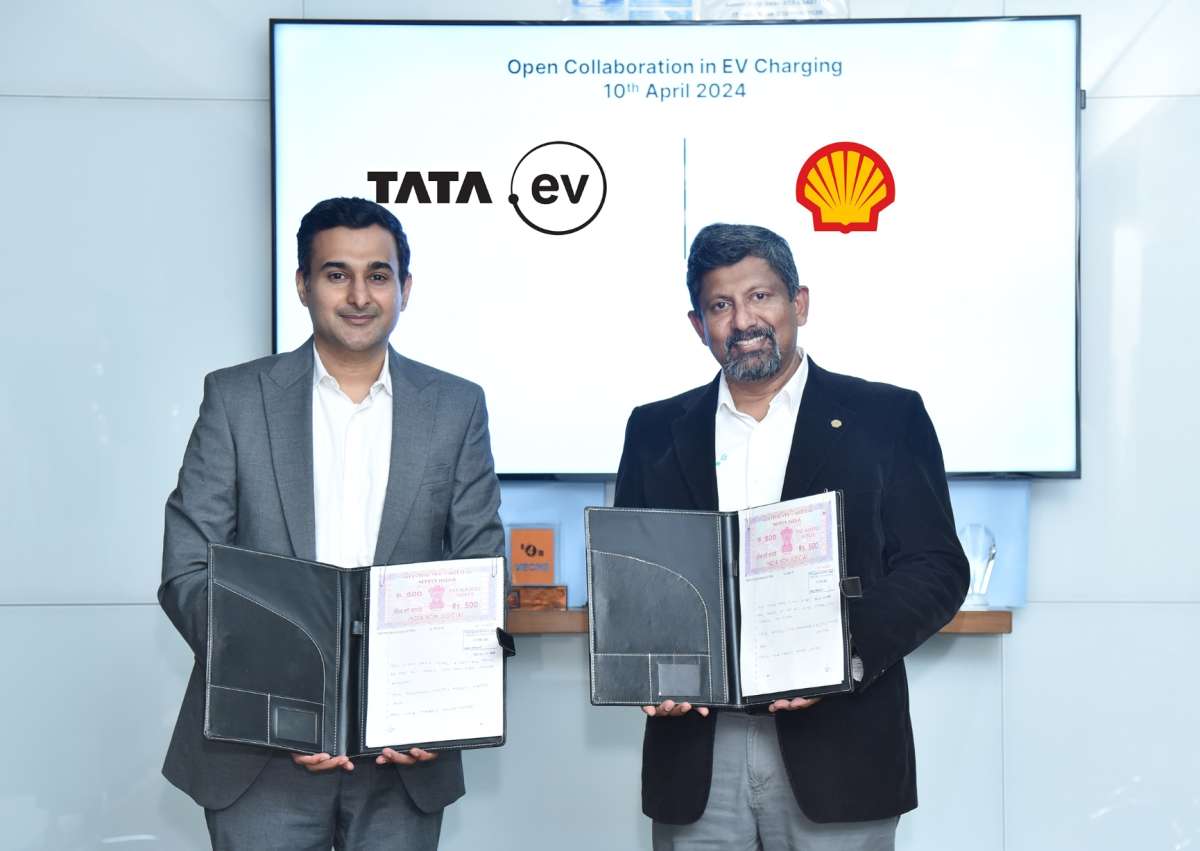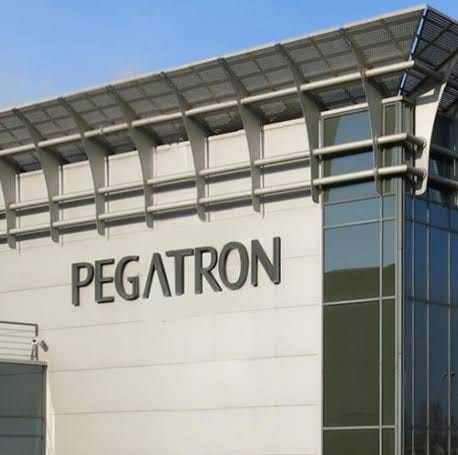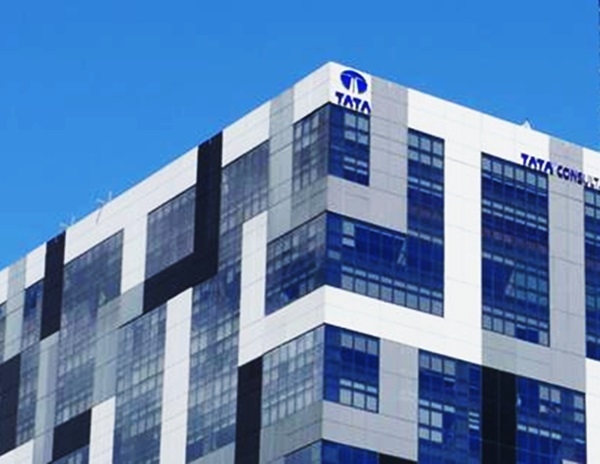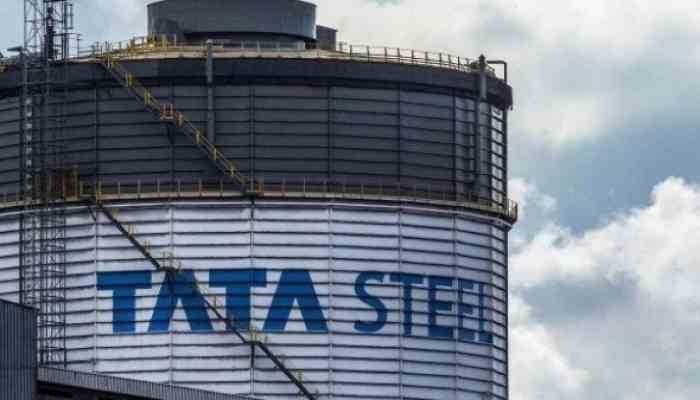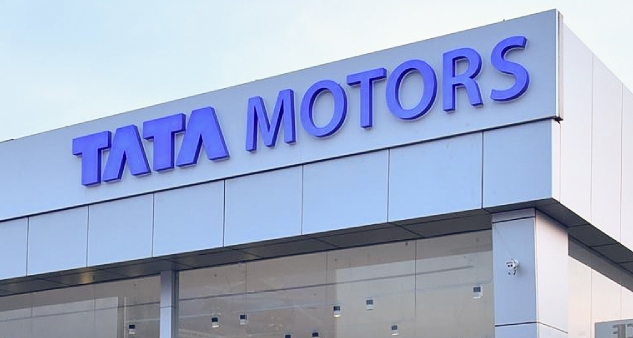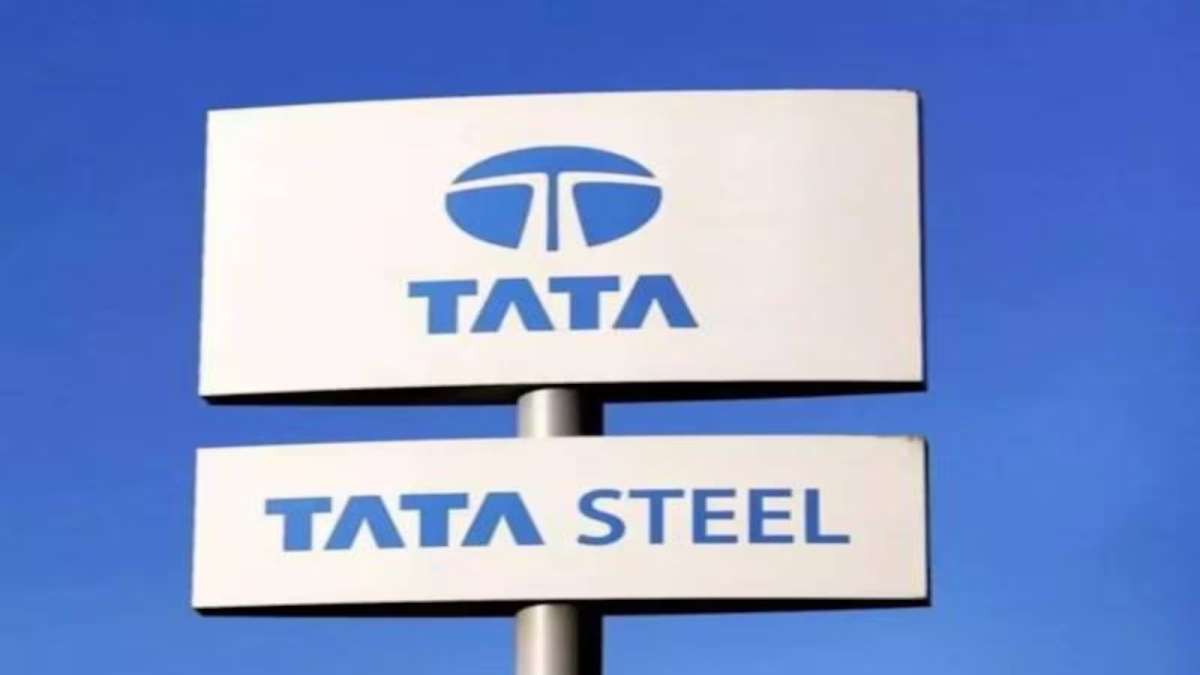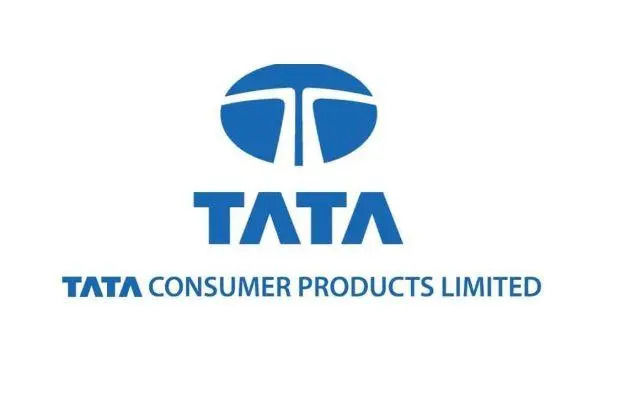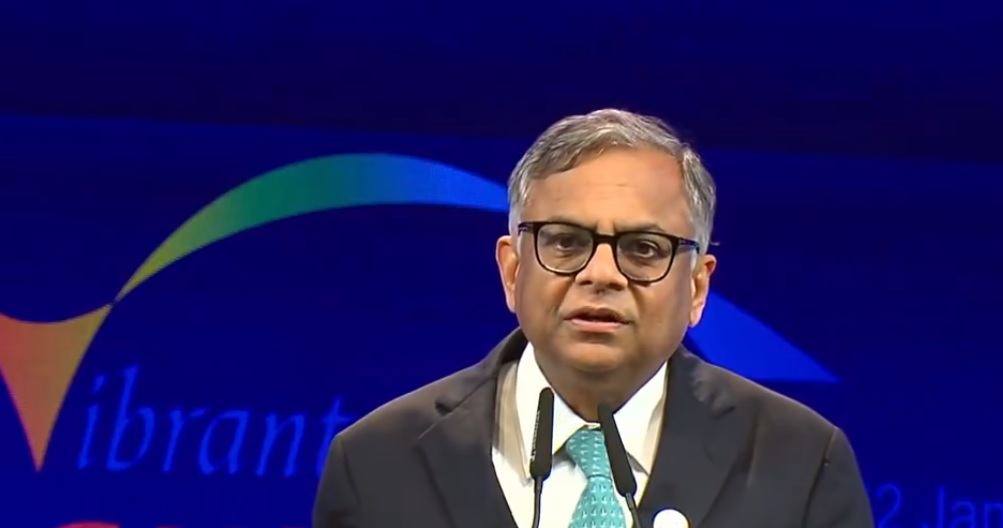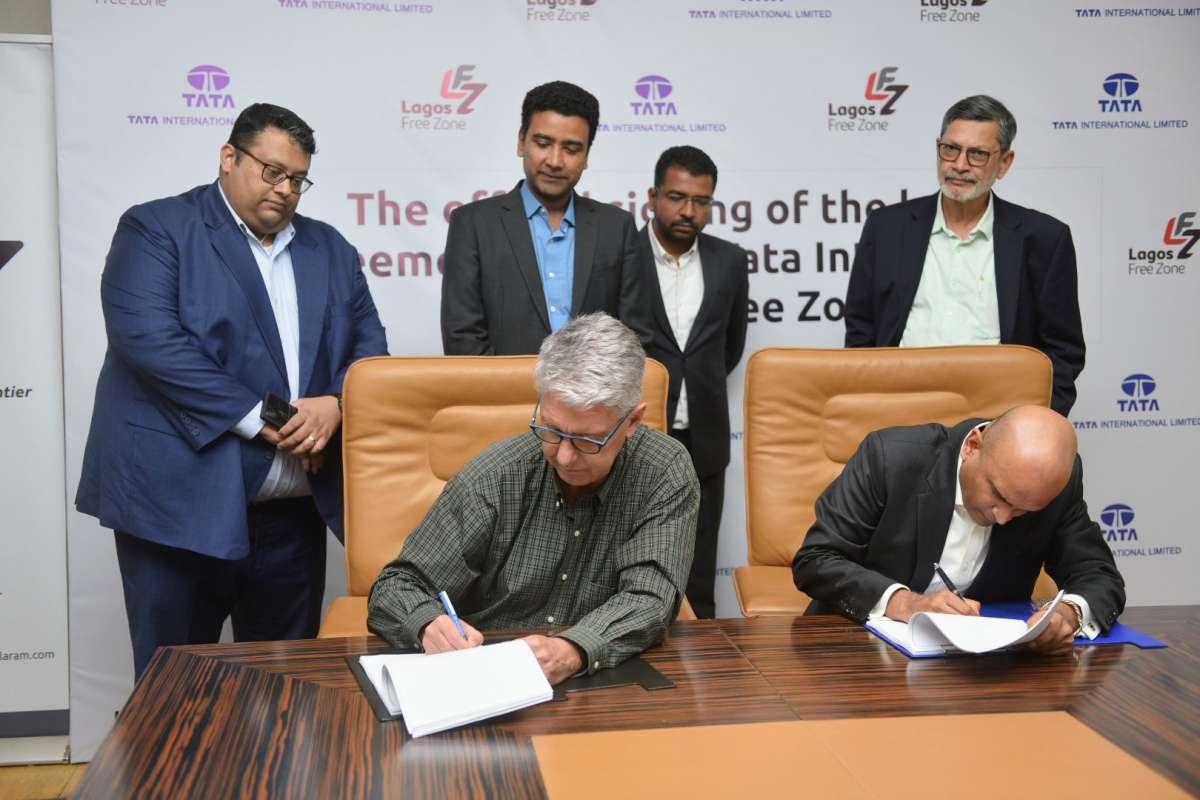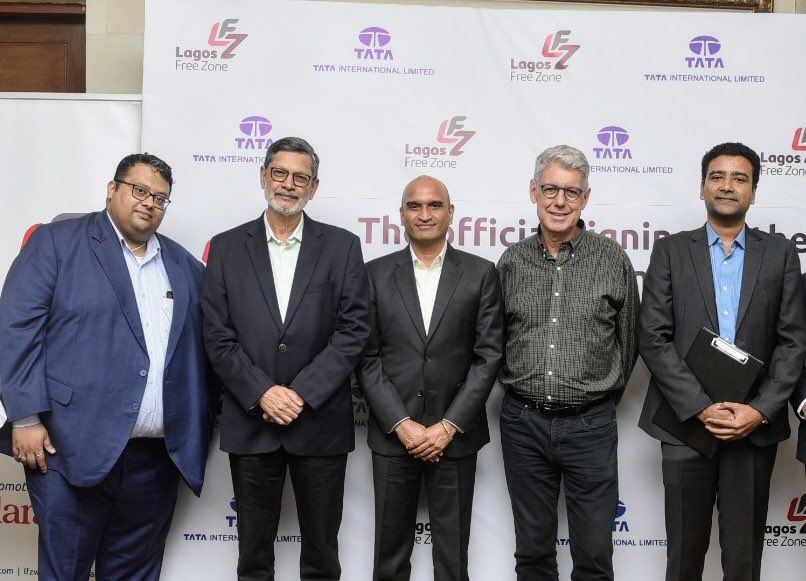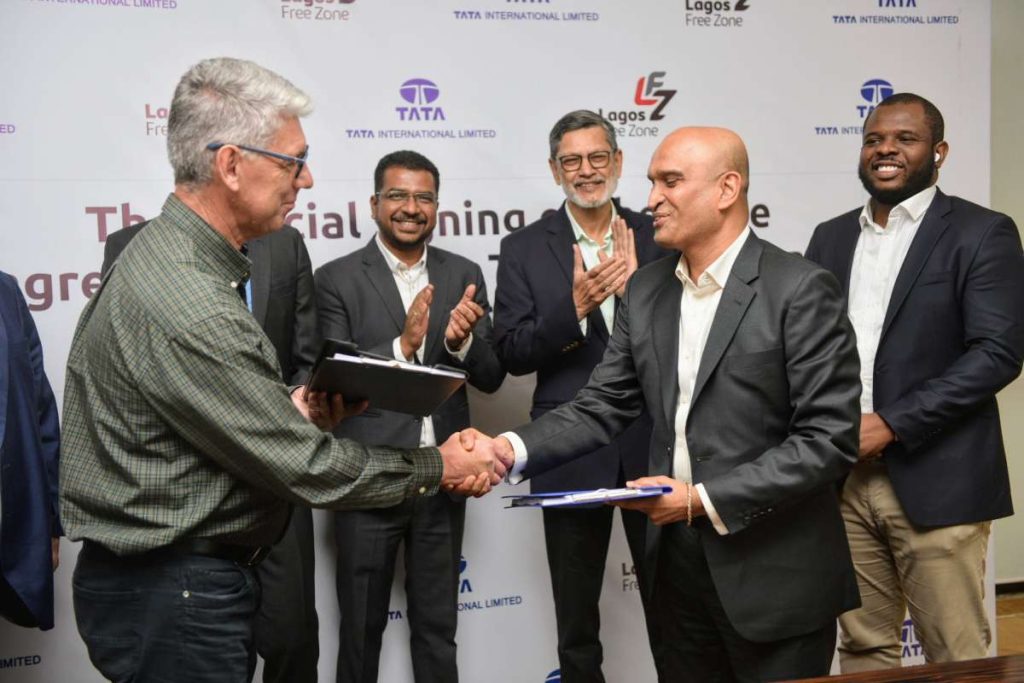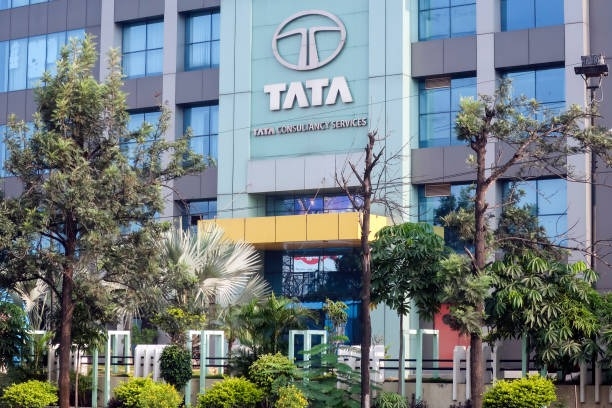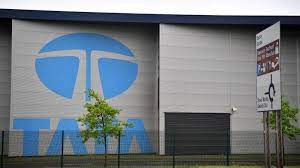The two companies are also exploring introducing convenient payment systems and loyalty programmes to facilitate charging for electric vehicles….reports Asian Lite News
Tata Passenger Electric Mobility Ltd (TPEM) said on Thursday that it has signed a non-binding Memorandum of Understanding with Shell India Markets Private Limited (SIMPL) to collaborate in setting up public charging stations across India.
“The collaboration will leverage Shell’s fuel station network and TPEM’s insights from over 1.4 lakh Tata EVs on Indian roads to set up chargers at locations frequently visited by Tata EV owners. Additionally, both companies will work towards delivering superior charging experiences,” according to a TPEM statement.
The two companies are also exploring introducing convenient payment systems and loyalty programmes to facilitate charging for electric vehicles.
Commenting on the partnership, Balaje Rajan, Chief Strategy Officer, Tata Passenger Electric Mobility Ltd and Tata Motors Passenger Vehicles Ltd, said: “Through this partnership, we aim to grow the existing charging infrastructure, which is crucial for mainstream adoption of EVs in the country, particularly as the customer base continues to expand. This strategic alliance will help in driving up the EV adoption in the country.”
Sanjay Varkey, Director, Shell India Markets Private Limited, said, “Shell is committed to offering integrated solutions that prioritise convenience, safety, and sustainability in charging EVs. Our ultra-fast and reliable chargers ensure that our customers enjoy a sustainable, hassle-free and efficient charging experience.
Driven by rising consumer interest, government initiatives and infrastructure development, India’s EV sales nearly doubled in 2023 and are likely to grow 66 per cent this year, a report showed on Friday.
Overall, India’s passenger vehicle (PV) sales grew 10 per cent (year-on-year) to surpass 4 million units, its EV sales nearly doubled, rising 97 per cent YoY to account for 2 per cent of the overall PV sales.
By 2030, EVs are expected to represent nearly one-third of India’s PV market, signaling a robust long-term growth trajectory in the country’s automotive sector, according to Counterpoint Research.
“As the infrastructure and consumer traction develops, we will see the entry of newer players such as Tesla and fast-growing Chinese brands like Xiaomi, which will catalyse innovation and competition in the world’s fourth-largest PV market,” said Research Vice President, Neil Shah.
“We will see players in the broader value chain prioritising India’s market not only to target domestic consumption but also for technology R&D and export opportunities,” he added.
With a strong portfolio and strategic tie-up with Uber, Tata Motors held more than two-thirds of the country’s EV market last year. However, it lost a significant share to Mahindra & Mahindra and BYD.
Recording a 2,476 per cent increase with just one model in its portfolio, Mahindra & Mahindra was the fastest-growing brand in 2023, followed by BYD and MG Motor, said the report.
“EV sales in India are expected to increase by 66 per cent in 2024 to constitute 4 per cent of total PV sales,” the report mentioned.
Maruti Suzuki’s entry into the EV market is expected to shake up Tata’s dominance.
“Moreover, VinFast’s move to build a factory in India’s Tamil Nadu state highlights the growing interest and investment in EV manufacturing in the country,” the report noted.

